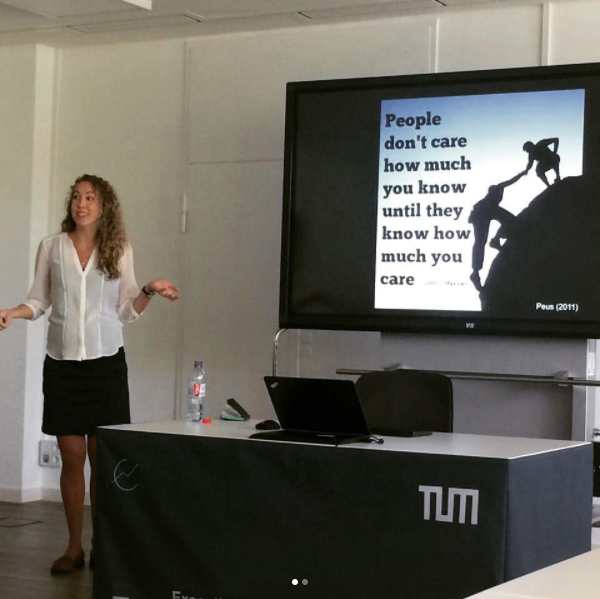Comparison to the General View of the Topic
A wealth of research has highlighted mothers’ many employment disadvantages compared to childfree women and men; however, "actual motherhood is not necessary for young women to experience motherhood penalties” concludes study author Dr. Jamie L. Gloor. Although maternal leave is ostensibly intended to benefit working women (e.g., enhance their economic returns and job security), this might come at the cost of their subtle social mistreatment. Finally, states Dr. Gloor, "if these employees leave, then targeting female leaders and professors for study or intervention may be too late if women have already withdrawn at an earlier career stage."
Data
Two waves of quantitative survey data were collected one year apart from 474 early career academics (i.e., PhD and post-doctoral students, assistant professors) from all federal and cantonal universities in Switzerland.
Implications
"Maybe baby” expectations–highlighted by the organizational inconveniences that pregnancy may entail–may be another explanation for the gender gap in leadership and professorships. Thus, "to retain highly educated women in the workforce, reduce "brain drain" and turnover costs,” recommends Dr. Gloor, “organizations might consider making parental leave more accessible to men to reduce or balance out these maybe baby expectations and feelings of potential parental inconvenience toward young female and male employees.” She added, “of course the onus should not be on women to reduce others’ biases towards them, but they, too, can proactively clarify their career committment to reduce these negative efects.”
Reference
Gloor, J. L., Li, X., Lim, S., & Feierabend, A. (in press). An inconvenient truth? Interpersonal and career consequences of "maybe baby" expectations. Journal of Vocational Behavior.*
*This paper was recently honored with the "Emerald Best Paper Based on a Dissertation Award" (Gender and Diversity in Organizations Division) at the 2017 Academy of Management Conference in Atlanta, Georgia, USA, as well as being included in the 2017 Academy of Management Best Paper Proceedings.















